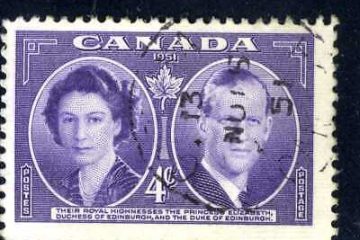The Legacy of Two and a Half Men
Introduction
Two and a Half Men, a sitcom that aired from 2003 to 2015, has left an indelible mark on television comedy. With its mix of sharp wit, relatable family dynamics, and memorable characters, the show became a cultural phenomenon and resonated with millions of viewers worldwide. Its relevance persists even years after its conclusion, reflecting the enduring nature of its themes and appeal.
The Show’s Journey
The series was created by Chuck Lorre and Lee Aronsohn, featuring Charlie Sheen as the wealthy bachelor Charlie Harper, Jon Cryer as his uptight brother Alan, and Angus T. Jones as Alan’s son Jake. The premise revolves around the chaotic lives of these three characters under one roof. The series cleverly blended humour with poignant moments, showcasing family relationships and personal struggles.
Charlie Sheen’s portrayal of the carefree bachelor captivated audiences and contributed significantly to the show’s early success. However, after a series of controversies, Sheen was replaced by Ashton Kutcher in the ninth season. The shift led to mixed reactions from fans, but the show continued to enjoy strong ratings, a testament to its solid writing and the chemistry among the cast.
Impact and Reception
Two and a Half Men gained immense popularity, becoming one of the most-watched sitcoms in the United States. It received numerous awards, including Golden Globe nominations and Emmy wins, which highlight its quality and cultural significance. Critics often praised the sharp humour and character development, despite some controversy over its mature themes and portrayal of relationships.
Despite the show’s conclusion, it has remained relevant through reruns and streaming platforms, introducing new generations to its comedic brilliance. The show’s legacy is evident in its impact on the sitcom genre, influencing other series and continuing discussions about its themes and comedic approaches.
Conclusion
In summary, Two and a Half Men has secured its place in television history as a defining sitcom of the early 21st century. Its combination of humour, heart, and relatable storytelling captivated audiences and continues to entertain. As viewers reflect on its legacy, the series serves as a reminder of the evolving nature of family and relationships in popular culture. Whether loved or critiqued, the show undeniably changed the landscape of television comedy and set a high standard for future sitcoms.





